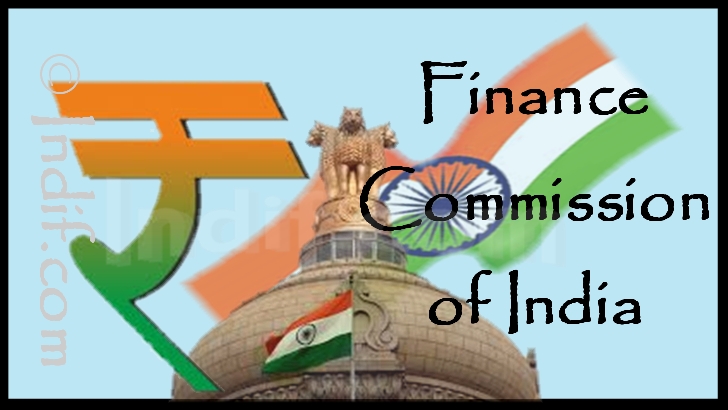Article 280 of the Constitution of India provides for the appointment of a finance commission every five year by the President of India. A finance commission is a body of five experts including a chairman. President appoints the chairman and the members of this commission. Finance commission are to recommend to the President the basis for the distribution of the net proceeds of taxes between the center and the states, and the principles which should govern the grants-in-aid to be given to the states out of the consolidated funds of India and measures required to augment the Consolidated Fund of individual states during a five year period.
The Finance Commission of India came into existence in November 1951. It was formed to define the financial relations between the centre and the state. The Constitution requires the President to constitute a fresh panel every fifth year or earlier. The Finance Commission Act of 1951 states the terms of qualification, appointment and disqualification, the term, eligibility and powers of the Finance Commission.
Functions of the Finance Commission:
- Distribution of net proceeds of taxes between Centre and the States, to be divided as per their respective contributions to the taxes.
- The Finance commission of India also determines the principles of governing the grants-in-aids of the revenues of states out of the consolidated fund of India. It is an important function of the Indian Finance Commission.
- This commission has the duty of considering any matter referred to the commission by the President in the interest of sound finance.
- The Commission determines its procedure and have such powers in the performance of their functions as Parliament may by law confer on them.
Qualifications for Members of the Finance Commission:
The Chairman of the Commission is selected from among persons who have had experience in public affairs, and the four other members are selected from among persons who :
- are, or have been, or are qualified to be appointed as Judges of a High Court; or
- have special knowledge of the finances and accounts of Government; or
- have had wide experience in financial matters and in administration; or
- have special knowledge of economics
A member may be disqualified if the person :









